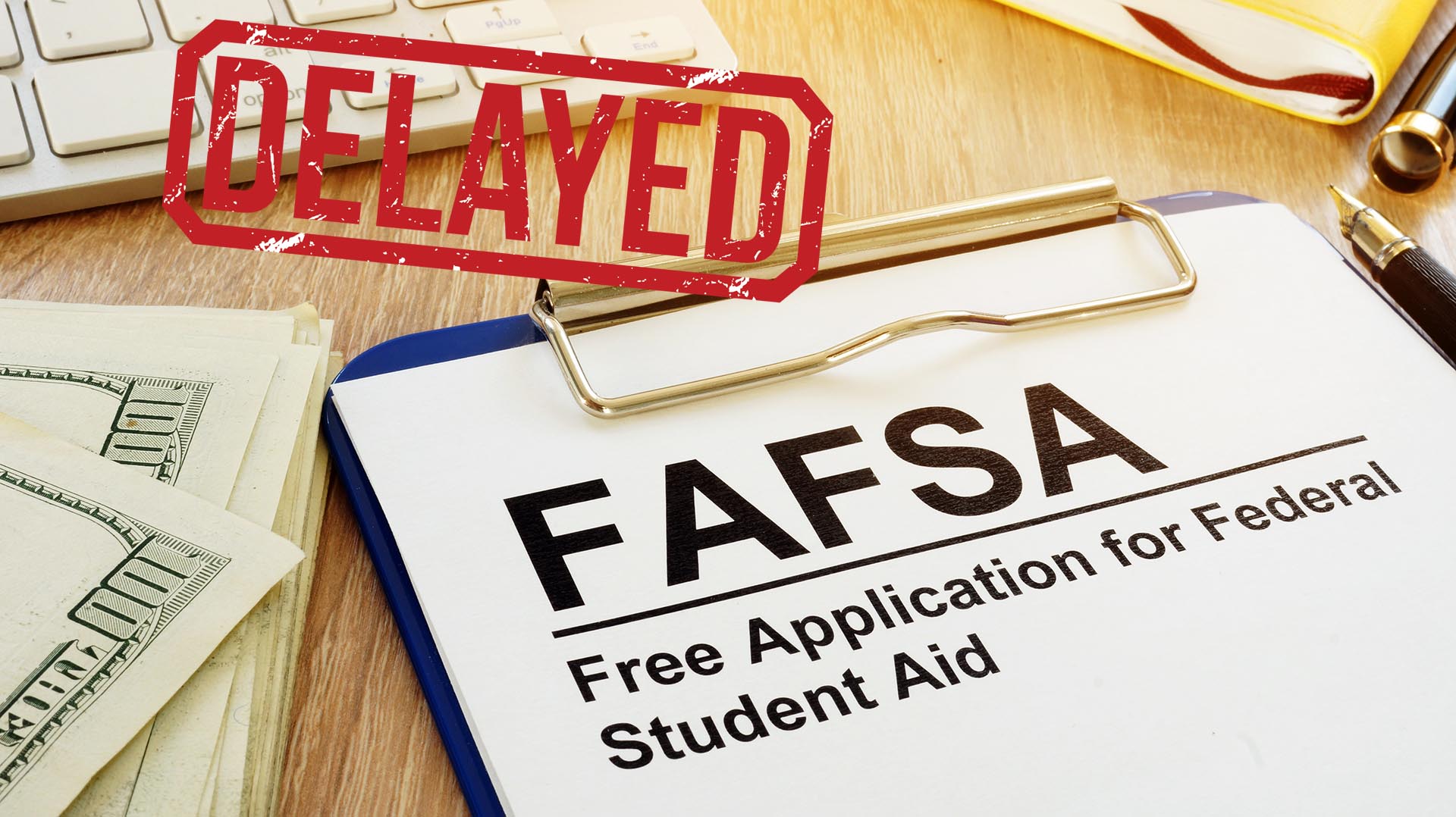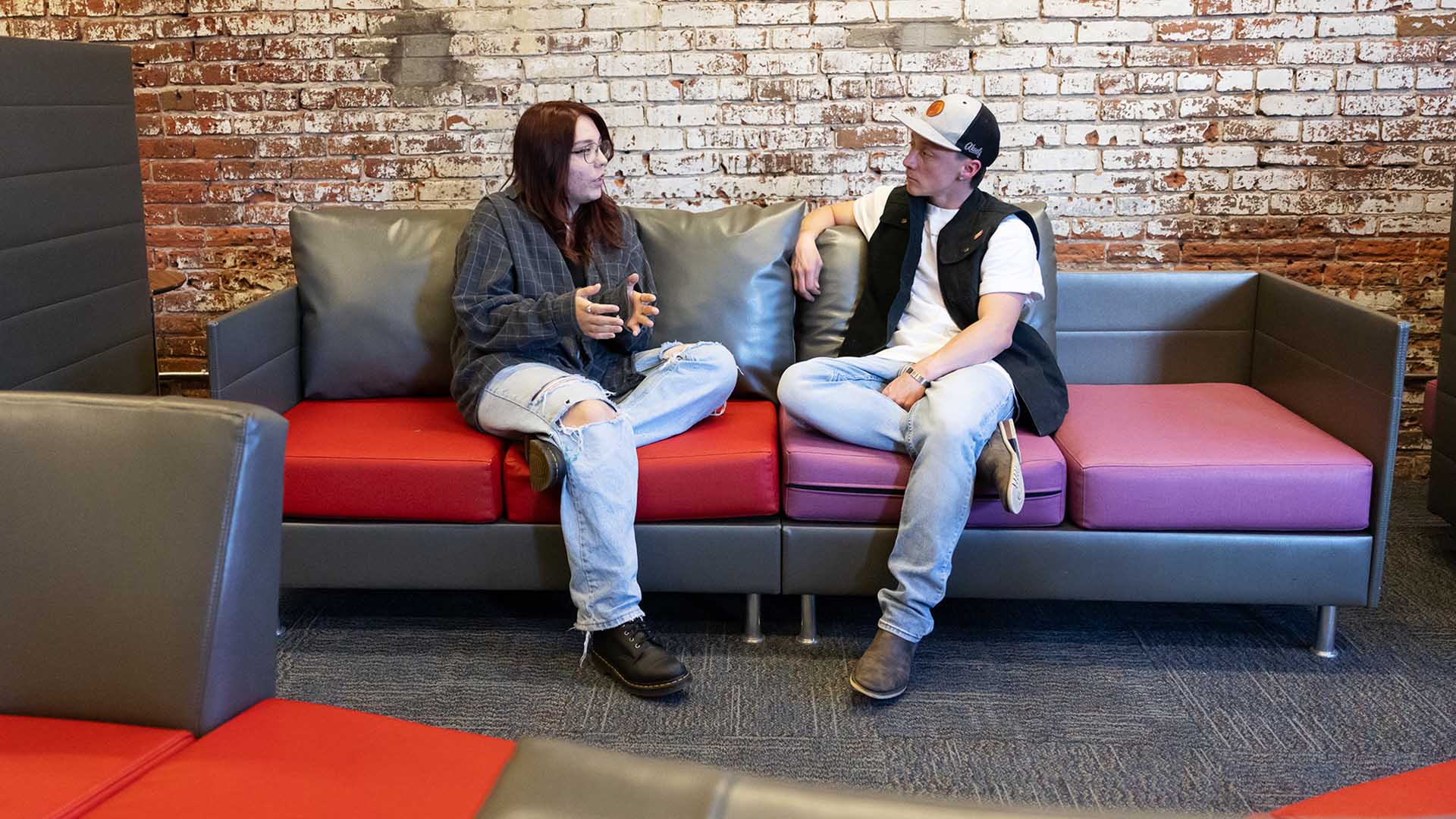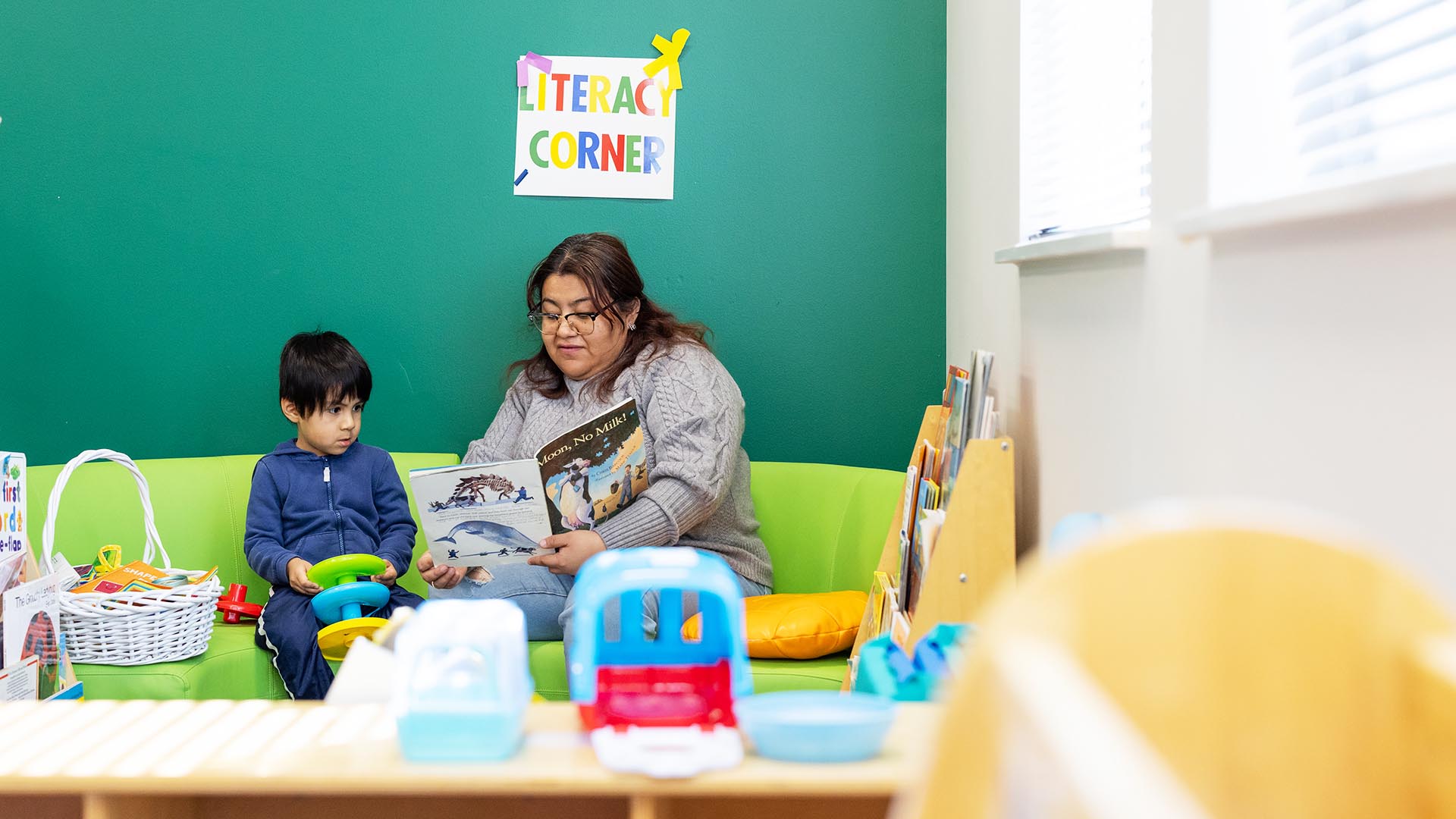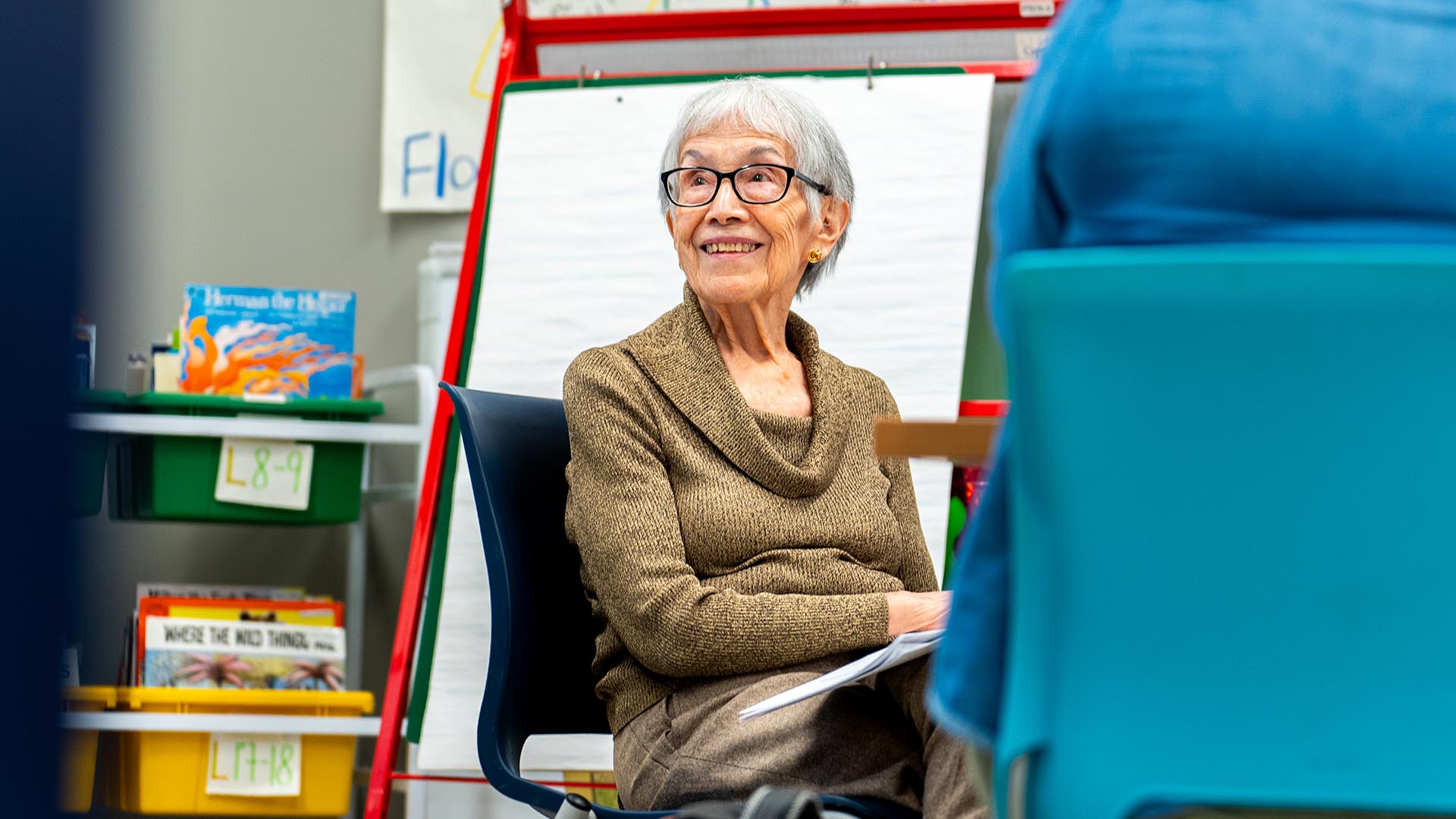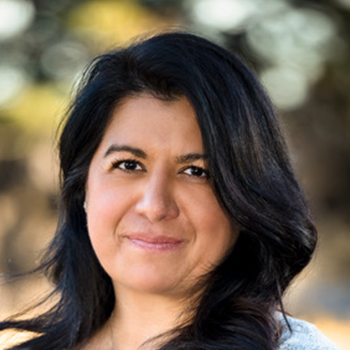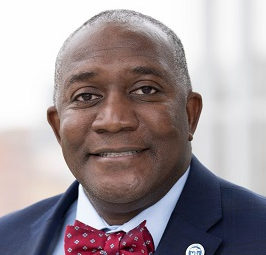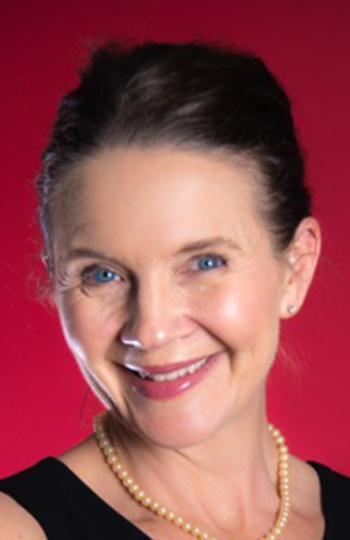Leading the way to get that ‘A’
Thanks to a resourceful program, students who fell just short of admissions requirements are being accepted to college anyway – then given the support to succeed.?
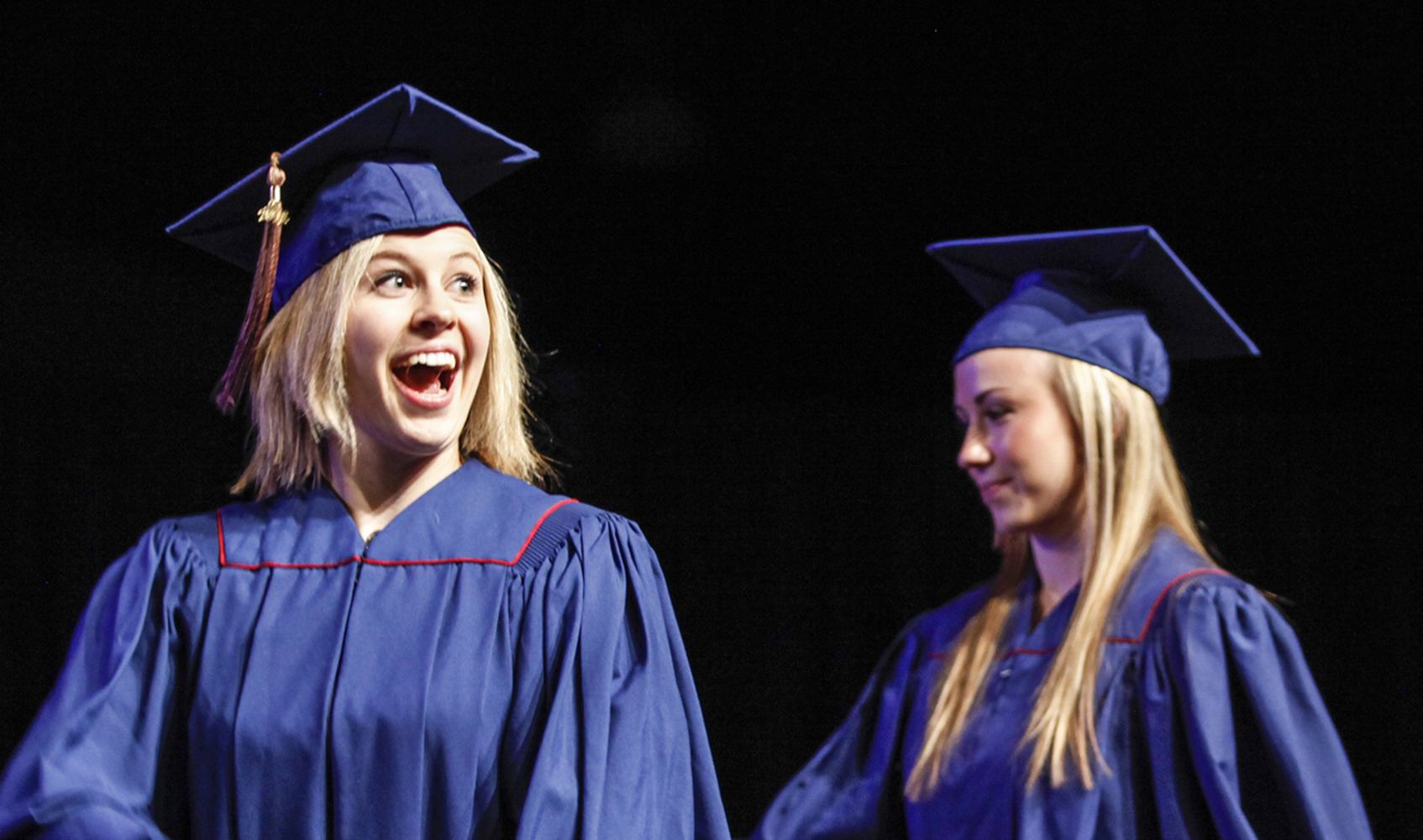
Not getting the right grades for college entry used to sting. A lot.
Even if students only missed out by a tiny margin, the consequences could be pretty severe.
Across America, many states simply wouldn’t allow four-year universities to accept students who had failed to meet English and math entry standards. So students had to go to community college to undergo remedial instruction – for which they got zero credit and still had to pay. It was a double whammy.
Unsurprisingly, this approach wasn’t a great success. Students assigned to remedial courses were frustrated and had higher than average drop-out rates. Tellingly, 30 percent of them didn’t even show up for classes in the first place.

Broken system
In recent years, it started to dawn on educational institutions across the United States that the existing, overly punitive system wasn’t really working. A flurry of reports showed that, following remedial education, college students were less likely to graduate or even finish their courses.
Little by little, change started to happen.
In Colorado, lawmakers decided in 2012 that they would allow students who had missed out on their math and English grades to attend college after all, and get extra support once they arrived.
Basically, the legislators recognized that educational progress can be a bit like a Chutes and Ladders board game. If students already have their fingertips clasping a ladder rung, it hardly makes sense to send them spiraling all the way down the remediation chute.

Extra support
A few years ago, Metropolitan State University of Denver was the first four-year institution in Colorado to get involved in a new program (called Supplemental Academic Instruction), which supports students who previously would have undergone remedial instruction.
The idea – simple but effectve – has been to offer a program of extra English and math study options that these students can initially take alongside their regular classes.
Like stabilizers on a bicycle, the additional classes provide a little extra support while students get fully up to speed. And generally, once they complete those courses, they’re raring to go.
Sense of belonging
English Professor Jessica Parker has been involved with the program since the outset and is almost evangelical about its virtues.
She explains, “We see students with grades that, in the old days, would have meant going back to community college for two remedial classes. But now we tell them – ‘We will put you in a college-level class and give you the support you need’ – and they immediately feel they belong.”
Just being at college (“I made it!”) is a huge confidence boost for these students, which stirs in many of them a determination to do well. And that’s kind of the point.
Parker adds, “My goal isn’t just to get students in here. I want to make sure they go on to become success stories who really learn and benefit from their college experience.”
Untapped potential
Since it began, the Supplemental Academic Instruction program has been very popular at MSU Denver. An impressive 2,170 students have enrolled over the past three years.
But it hasn’t all been straightforward. One of the key challenges has been to persuade people – including some of the students themselves – that they really do belong at a University.
Parker explains: “One thing I never tire of stressing is that these are not ‘remedial’ students; they just had maybe one score, once, that was slightly below the level. But it can sometimes be hard to persuade faculty, staff and even family members of that.”
And this is a big part of the problem: “Sometimes, parents will just come out and say ‘My kid’s not good at writing.’ And I have to tell them, ‘Well, you’re not really qualified to make that kind of assessment.’”
In fact, what Parker often finds in her classes is reservoirs of untapped potential. “A lot of these students lack confidence because they’ve been told for years that they are bad at writing. But many are actually quite good. They just need the right encouragement and training, and that’s what we’re here for.”
Big successes
Still, the proof is always in the pudding. So, just how well are the “remediation” students doing?
MSU Denver recently conducted research to measure how these students coped once they completed their extra classes and fully aligned with the larger student body. The result? They did every bit as well as ”standard” students. And in some cases, better.
A case in point: Just weeks ago, three of the first students to ever use the University’s Supplemental Academic Instruction system graduated with flying colors. (That’s three students, remember, who, if they had applied a year earlier, would have been sent back to community college because their grades weren’t good enough.)
There is no shortage of such success stories. Kellie Zolnikov, mathematics special instruction coordinator, recalls, “We had one student, Kendra Weiss, who initially needed extra math assistance at MSU Denver – but she later started her own math club at the college and now teaches the subject at a high school. She has turned a perceived weakness into a thriving career.”
Tough love
While the program has been a success, it is by no means all smooth sailing.
The fact is, teachers of these courses are big proponents of tough love. Students often dislike taking the classes and despair at how hard the teachers push them. But of course, the whole point is to make sure they never have to take such classes again.
And while the lessons may be tough, the focus is always on encouraging students and pushing a strong “we-know-you-can-do-it” message to bolster their confidence. The majority of students have a positive experience because they know the faculty members care about them.
“We have a lot of contact with these students,” Parker explains. “Often we’re the first people they see when they arrive on campus, and they come to us whenever they have any questions or need support.”
Ultimately, that has been the foundation of the system’s success – tough teaching and solid relationships.
In Parker’s words, “It’s very hard not to get involved when you see these kids working so hard and realizing their potential. Every year, they make me proud to be a teacher.”
Not bad for a bunch of so-called failures.

